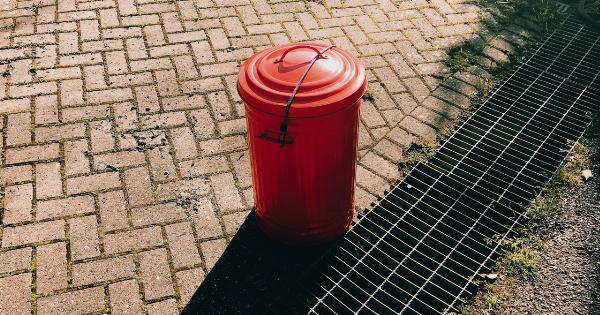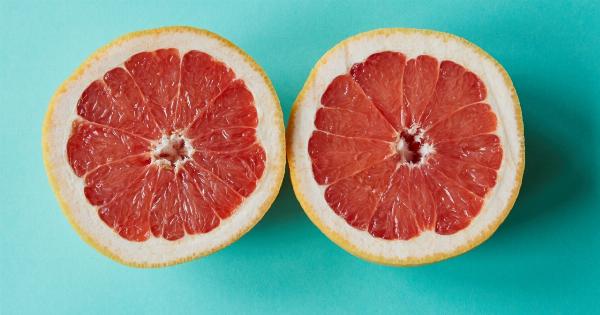Kidney stones can be excruciatingly painful and are most common between the ages of 20 and 40, with men more likely to develop them than women.
Certain factors such as family history, dehydration, and obesity, can increase your risk of developing kidney stones. However, did you know that summertime activities and weather can also contribute to kidney stone formation? In this article, we will explore how summer can affect kidney stones and what you need to know to protect yourself.
Dehydration
The most significant factor that contributes to kidney stone formation is dehydration. During the hot summer months, people are more active, and their bodies lose more fluids through sweating.
Dehydration can make your urine more concentrated with minerals such as calcium and uric acid, which can cause stones to form.
The best way to avoid dehydration is by drinking plenty of water throughout the day. Experts recommend drinking at least eight glasses of water per day and more if you are sweating heavily.
You should also avoid sugary drinks and alcohol, which can dehydrate your body even more.
Outdoor Activities
Summer is the perfect time to enjoy outdoor activities such as hiking, swimming, and camping. However, some of these activities can increase your risk of developing kidney stones.
Hiking: Hiking can cause oxidative stress, which can lead to kidney stone formation. Moreover, if you are not drinking enough water during your hike, you may become dehydrated, which can also increase your risk of developing stones.
Swimming: While swimming is an excellent form of exercise, it can also lead to kidney stones. The heat from the sun can cause dehydration, and the chemicals in pools and hot tubs can also contribute to stone formation.
Camping: Camping can be a fun and adventurous activity. However, make sure you drink plenty of water, and avoid consuming high protein foods, which can lead to stone formation.
Diet
Another factor that can increase your risk of developing kidney stones is your diet. During the summer, people tend to consume more high protein foods such as meat, which can increase your risk of developing stones.
You should also avoid foods that are high in oxalates, such as beets, spinach, and chocolate. High levels of oxalates can cause stones to form in the urinary tract.
Instead, focus on eating a healthy, balanced diet that includes plenty of fruits, vegetables, and whole grains.
Symptoms of Kidney Stones
It is essential to know the symptoms of kidney stones, so you can seek treatment as soon as possible. The most common symptoms include:.
- Severe pain on one side of your lower back or side
- Pain that radiates to your groin or abdomen
- Nausea and vomiting
- Blood in your urine
- Fever and chills (if an infection is present)
If you are experiencing any of these symptoms, seek medical attention immediately.
Treatment for Kidney Stones
If you are diagnosed with kidney stones, your treatment will depend on the size and location of the stone. Small stones (less than 5mm) can often pass on their own through urine.
You can manage the pain by taking over-the-counter pain relievers and drinking plenty of water.
If the stone is too large to pass on its own, your doctor may recommend one of the following treatments:.
- Shock wave lithotripsy: This procedure uses shock waves to break the stone into smaller pieces, which can pass through urine.
- Ureteroscopy: This procedure involves inserting a scope through the urethra and bladder to remove the stone.
- Percutaneous nephrolithotomy: This procedure involves making a small incision in your back to remove the stone.
Preventing Kidney Stones
The best way to prevent kidney stones is by staying hydrated and following a healthy diet. Here are some tips:.
- Drink plenty of water throughout the day, especially during the summer months
- Avoid sugary drinks and alcohol
- Avoid foods that are high in oxalates
- Eat a healthy, balanced diet that includes plenty of fruits, vegetables, and whole grains
- Avoid high protein diets
Conclusion
Kidney stones are a painful and common condition that can be caused by factors such as dehydration, summer activities, and diet. By following the tips outlined in this article, you can reduce your risk of developing kidney stones.
If you are experiencing symptoms of kidney stones, seek medical attention immediately.






























